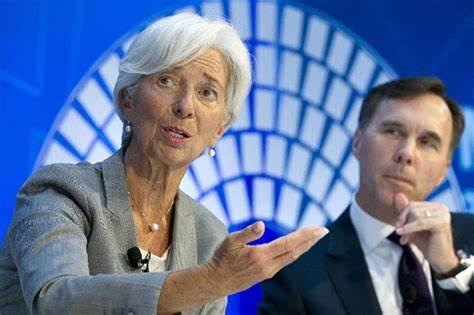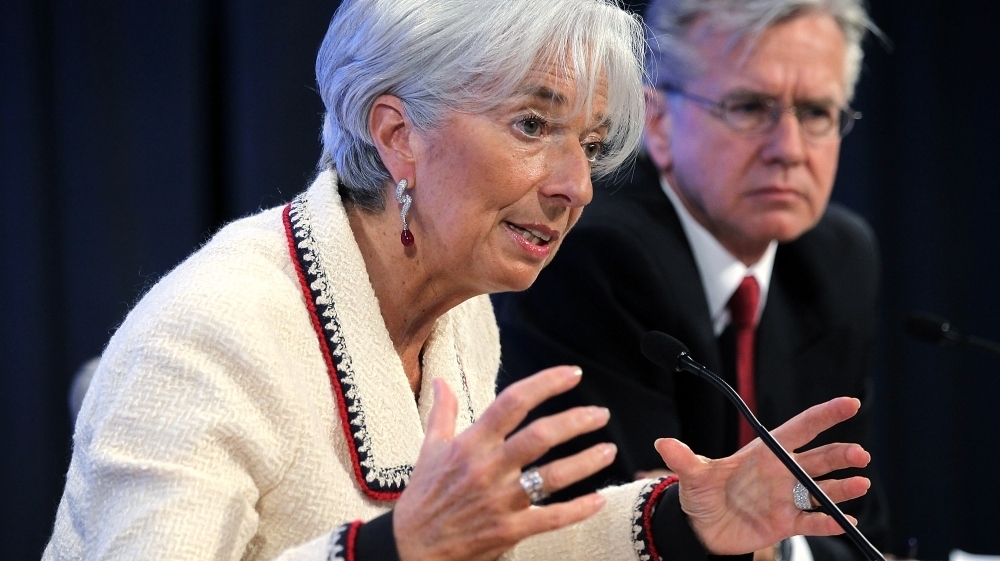In the intricate web of international relations and economic dynamics, there are strategic pathways to not just enhance but boast the world economy. This article delves into actionable strategies that can propel global prosperity to new heights.
Fostering Technological Innovation
At the forefront of economic advancement lies technological innovation. Governments and businesses must invest in research and development, fostering a culture of continuous technological evolution. Embrace emerging technologies like artificial intelligence, blockchain, and quantum computing to catalyze economic growth.
Sustainable Development Initiatives
The economic landscape of the future is intrinsically linked with sustainability. Implement robust policies that promote sustainable practices across industries. From renewable energy investments to eco-friendly manufacturing processes, aligning economic activities with environmental consciousness is pivotal for long-term prosperity.

Strengthening Global Trade Networks
Economic prowess is amplified through interconnected global trade networks. Governments should focus on reducing trade barriers, fostering free trade agreements, and creating an environment conducive to cross-border investments. Strengthening these networks not only facilitates the exchange of goods but also cultivates diplomatic ties.
Human Capital Investment
A nation’s true wealth lies in its human capital. Prioritize education, skill development, and healthcare to create a highly skilled and healthy workforce. Investing in human capital not only drives economic productivity but also fosters social stability, laying the groundwork for sustained economic prosperity.
Embracing Financial Inclusion
A robust world economy is one where financial resources are accessible to all. Foster financial inclusion by leveraging innovative fintech solutions and creating policies that empower marginalized communities. A financially inclusive world ensures that economic benefits are distributed equitably.
Infrastructure Development Projects
The backbone of economic growth is a well-developed infrastructure. Governments should initiate and support large-scale infrastructure projects, including transportation, energy, and digital connectivity. These projects not only create jobs but also enhance a nation’s capacity for economic activities.
Agile Economic Policies
In the dynamic global landscape, agility in economic policies is paramount. Governments should adopt flexible policies that can adapt to changing circumstances. A proactive and responsive approach ensures resilience against economic shocks and fosters a conducive environment for innovation.
Encouraging Entrepreneurship
Entrepreneurship is the engine of economic growth. Create an ecosystem that nurtures and encourages entrepreneurship by providing support, resources, and a conducive regulatory environment. Fostering a culture of innovation and risk-taking propels economies towards sustained growth.
Global Collaboration in Research
Addressing global challenges requires collaborative efforts. Encourage international collaboration in scientific research, technological advancements, and medical breakthroughs. Shared knowledge and resources can lead to transformative innovations that benefit the entire world.
Financial Stability Measures
In an era of economic interdependence, maintaining financial stability is crucial. Implement prudent fiscal and monetary policies to prevent financial crises. International cooperation in regulating financial institutions ensures the stability of the global financial system.
Cultural Diplomacy and Soft Power
Beyond the economic and technological realms, the cultural fabric of nations plays a pivotal role in global influence. Investing in cultural diplomacy enhances a country’s soft power, fostering positive international perceptions. Promoting cultural exchange programs, supporting the arts, and showcasing cultural diversity contribute not only to a richer global tapestry but also to diplomatic and economic success.
Crisis Preparedness and Resilience
In the unpredictable landscape of the 21st century, anticipating and mitigating crises is essential for economic robustness. Governments and international organizations should prioritize crisis preparedness, whether it be in the form of pandemics, natural disasters, or geopolitical tensions. Building resilience in the face of unforeseen challenges ensures that the world economy can weather storms and emerge stronger.
Conclusion
Boasting the world economy is a collective endeavor that requires strategic vision, international cooperation, and a commitment to sustainable growth. By embracing technological advancements, prioritizing sustainable practices, and fostering global collaboration, nations can contribute to a world economy that thrives, uplifts communities, and paves the way for a prosperous future.

